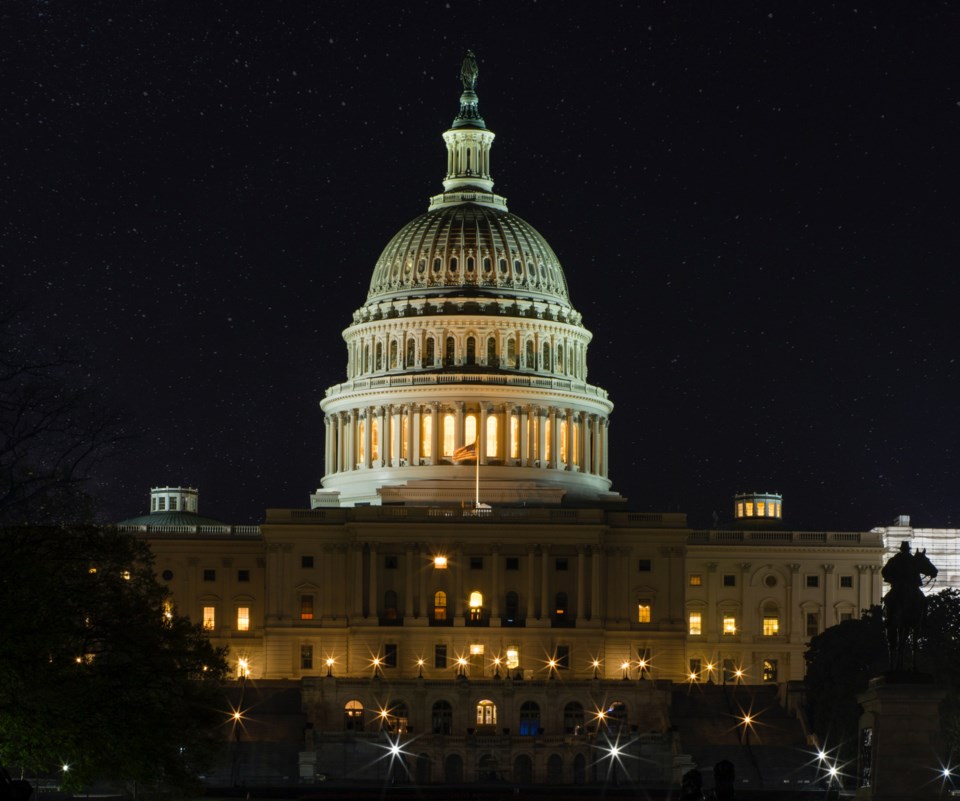NEWS RELEASE
BROCK UNIVERSITY
************************
Concerns about aggression, authoritarianism and the future of democracy in North America are being shared by experts in Brock University’s Department of Political Science following U.S. President Donald Trump’s second inauguration.
Associate professor Blayne Haggart says the rhetoric around expanding the country’s borders in Trump’s inaugural address was particularly shocking.
“The thing that struck me in Trump’s second inaugural address was the references to territorial expansion and manifest destiny, which is the doctrine that the continent belongs to the American people,” says Haggart. “That sends a clear message to neighbours Mexico and Canada that while tariffs might be the immediate threat, they are only the means to an end — the subjugation of those two independent countries.”
Haggart says the illegal nature of the tariffs and the shifting reasons given for them suggest that Canada’s ability to address U.S. demands is limited.
Recent threats of economic coercion need to be seen in this context, he says.
“The president is talking clearly about territorial expansion, and while some people are saying that it’s just talk meant get a rise out of people, we can’t take that chance,” Haggart says. “We have to take the United States government at their word that this is how they’re going to act because the alternative is to lose the country, either through a loss of substantive autonomy or actual loss of independence, if it turns out that Trump is serious.”
Many of the executive orders issued on President Trump’s first day in office targeted what Associate Professor Stefan Dolgert describes as the “three Fs” — foreigners, feminism and “the Feds.”
Dolgert says framing both immigrants and other nations as threats to American freedom has long been part of Trump’s platform, which explains why Trump is attempting to end birthright citizenship, militarizing the border, and threatening the sovereignty of U.S. allies.
But while the targets may have long been telegraphed, according to Dolgert, there are far-reaching implications when it comes to topics like feminism.
“His orders not only eliminate the concept of gender from discussion in the federal workplace, but will also threaten the independence of universities by tying federal grant funding to the acceptance of his particular ideological beliefs about sex, gender and the family,” says Dolgert. “Ultimately, authoritarians want to control public opinion and sideline their democratic opponents in order to permanently change the rules of the game.”
The new administration is moving against federal workers, which Dolgert says is due to Trump’s experience with government offices during his first term as president.
“Trump is implementing ‘Schedule F’ to fire or silence tens of thousands of federal employees and appoint people who are loyal only to his ideology,” he says. “This is because he was thwarted, in part, from 2017-2021 by people in the government and military who took their responsibility to the rule of law more seriously than personal allegiance to Trump.”
Associate Professor Pascal Lupien says while the United States has long been considered a “consolidated democracy,” with enough checks and balances in place to ensure that it could not become deconsolidated or reversed, that is no longer the prevailing view among political scientists.
“Deconsolidation happens when alternatives to democracy become possible because major actors do not play by the rules and when there is a public openness to undemocratic leaders, with large segments of the public embracing authoritarian values,” says Lupien.
He says multiple studies have shown that “close to 40 per cent of Americans actually embrace or hold what we identify as undemocratic, authoritarian values,” with “a willingness to trade democracy for a perceived sense of stability and security, often fed by a desire to see people who don’t look like them or think like them suppressed.”
Lupien says that while the Canadian appetite for authoritarianism is still relatively small by comparison, democracy worldwide has been in decline since the early 2000s and should not be taken for granted.
“The good news for Canada is that we’re not there yet — there are some segments of the public that hold anti-democratic values, and we have seen manifestations of that over the past couple of years, but none of the major parties are behaving in a way that we see other authoritarian parties behave,” says Lupien. “But as we know, the U.S. has a significant influence on us.”
************************
